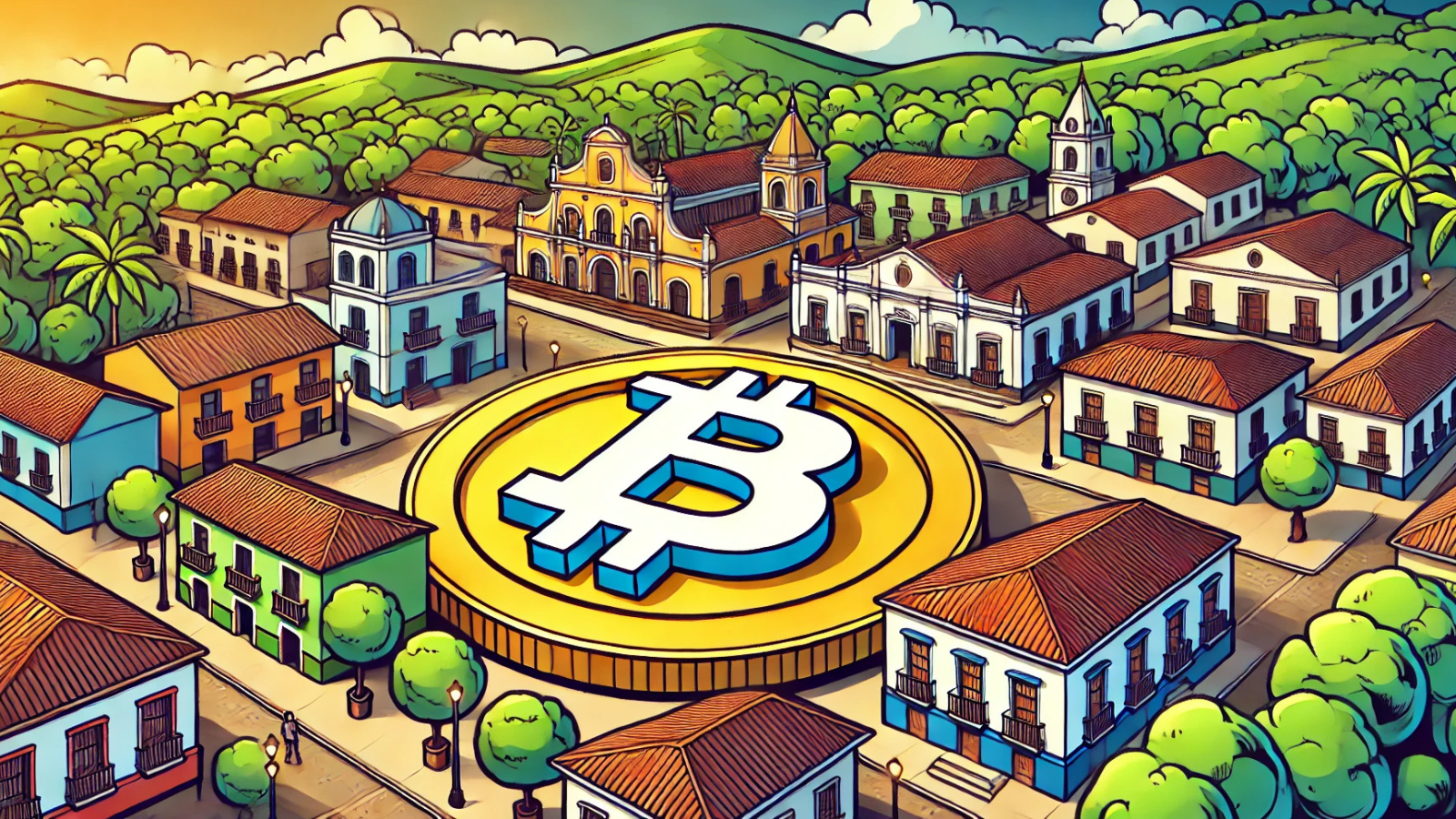El Salvador Doubles Down on Bitcoin, Buys Additional Two Bitcoin in a Single Day
El Salvador accelerates BTC accumulation despite international scrutiny

El Salvador has ramped up its Bitcoin acquisition strategy, purchasing two additional BTC on February 1—doubling its usual daily purchase rate. This move aligns with the nation’s ongoing Bitcoin reserve strategy, which has seen it amass 6,055 BTC worth over $612 million, with more than 50 BTC acquired in just the last month.
Despite securing a $1.4 billion loan from the International Monetary Fund (IMF), which required the country to remove mandatory BTC payments and privatize the Chivo wallet, El Salvador has remained committed to increasing its Bitcoin holdings. The government even acquired 11 BTC, valued at over $1 million, just one day after finalizing the IMF deal.
Stacy Herbert, director of El Salvador's National Bitcoin Office, hinted in December that the country might accelerate its Bitcoin accumulation. That prediction appears to be materializing, as the National Bitcoin Office purchased an additional 12 BTC on January 19 and has since confirmed plans to ramp up acquisitions in 2025.
A government spokesperson hailed the strategy as “the greatest rebrand in history” and a model for how a country can successfully integrate Bitcoin into its financial framework. This aggressive Bitcoin adoption has drawn attention from major financial players, including Fidelity Digital Assets, which cited El Salvador’s treasury strategy as a key factor that could drive broader nation-state adoption of BTC.
Analysts at Fidelity argue that as Bitcoin’s influence grows, larger nations will eventually be forced to hold BTC to mitigate financial risks and avoid missing out. With El Salvador leading the charge, the question remains—will other countries follow, or will the IMF push back harder against this financial revolution?


